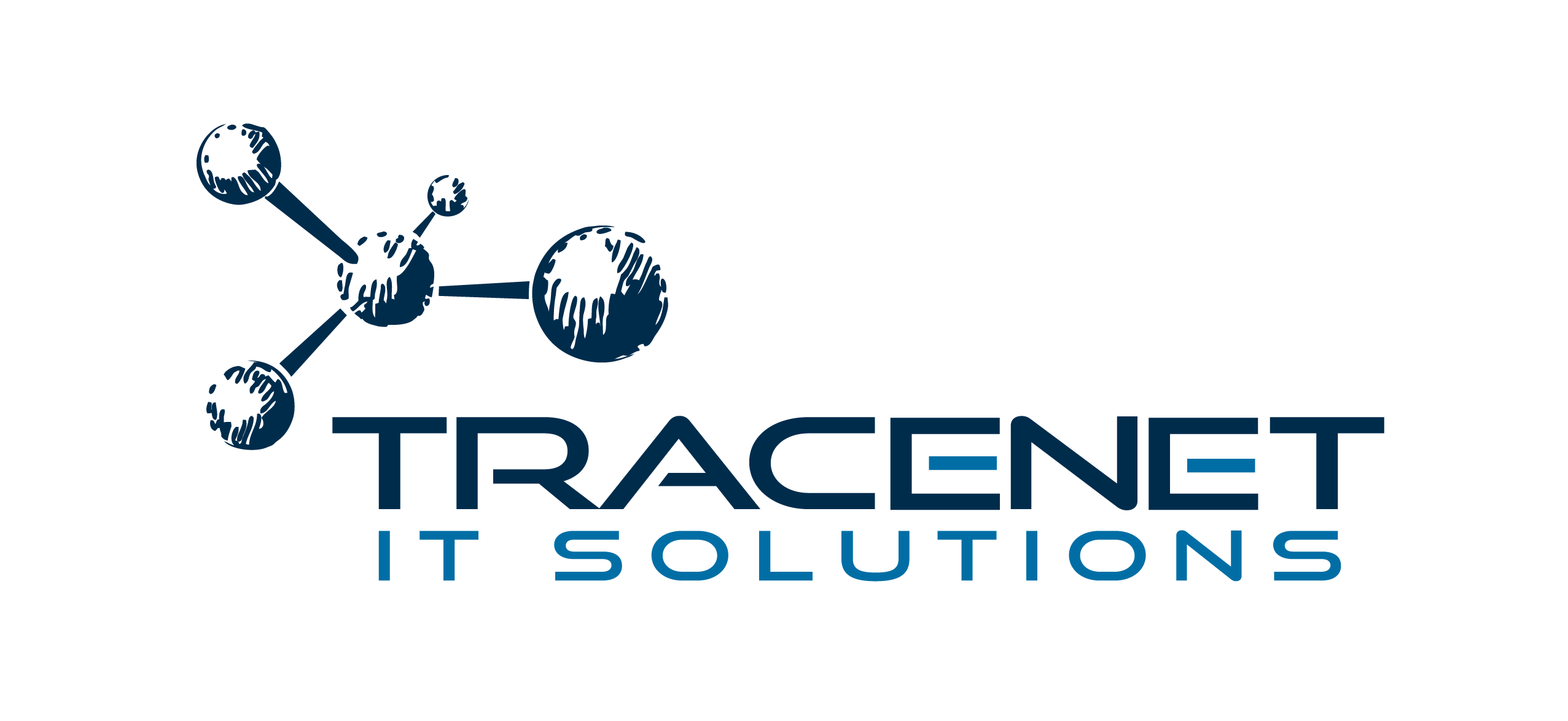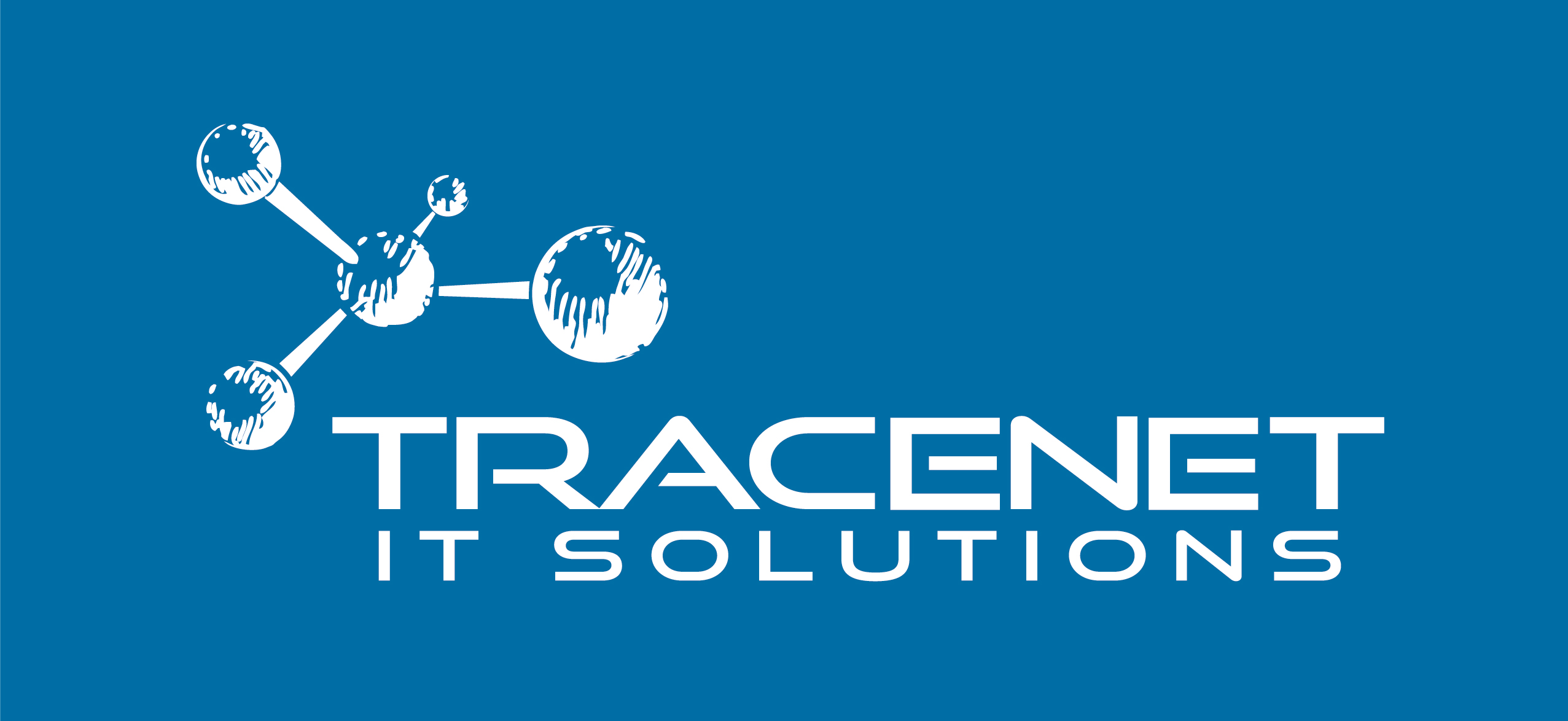NGFW has currently ensured the dependability of online data protection for numerous decades. Its efficiency and security capacity enables businesses to remain protected against sophisticated fifth-generation cyber threats.
More than 23 models have been optimized for the concurrent execution of all threat prevention technologies. This also includes a comprehensive SSL traffic examination without jeopardizing security or performance. Do you want to learn more about this? So, keep reading.
What is an NGFW?
NGFW (Next-Generation Firewall) is a cutting-edge cybersecurity system that provides all-around protection against online threats. NGFWs, as opposed to traditional firewalls, incorporate advanced features and technology to solve new cybersecurity issues.
What are its main characteristics?
Among the main features, we have:
- Advanced Packet Inspection: NGFW goes beyond simple packet analysis by detecting and blocking threats such as malware and complex attacks using advanced traffic inspection techniques.
- Content Filtering: In addition to regulating traffic based on IP addresses and ports, NGFW can do content filtering. Which involves analyzing packet contents to identify and block potential threats.
- Intrusion Prevention: Uses advanced intrusion prevention technologies to detect and prevent suspicious or malicious network activities.
- Application Control: Allows administrators to manage and restrict access to individual programs on the network by providing granular control over their use.
- VPN (Virtual Private Network) integration: Many NGFWs feature VPN (Virtual Private Network) capabilities to ensure secure and encrypted communications between network nodes.
- Centralized Management: Provides a centralized management interface for security administration throughout the network architecture.
Organizations aim to boost their cybersecurity posture by implementing NGFW, exposing themselves to the most recent threats, and efficiently protecting data and systems from malicious attacks.
What is an NGFW for?
An NGFW serves numerous critical tasks in enhancing the security of an enterprise network. It can also be used for user- and group-based access control. Which ensures that only authorized users have access to certain resources.
Another important point is that it can provide comprehensive monitoring and reporting capabilities. Providing insights into network activity and facilitating security audits. As well as features to protect against web application-targeting attacks such as SQL injection and cross-site scripting.
In other cases, it can provide a centralized interface for configuring and managing security policies across the entire network infrastructure. Simplifying operations and facilitating rapid identification and response to security incidents, thereby reducing the impact of threats on normal network operations.
Key benefits of the NGFW
To develop a new system, such as NGFW, it is vital to understand all of its benefits to determine whether it is worthwhile. So, take a look at them down below.
- Advanced Threat Protection: NGFW employs powerful detection technologies to identify and block cyber threats such as malware, denial-of-service attacks (DDoS), and intrusions, offering robust defense against the most recent threats.
- Content Filtering and Application Manage: Allows administrators to manage access to specified websites and applications using comprehensive content filtering capabilities. This is critical for enforcing security standards and preventing unauthorized network use.
- Efficient Intrusion Prevention: Incorporates intrusion prevention systems that monitor and detect unusual network activity, blocking exploitation attempts and assaults automatically.
- Advanced Visibility and Reporting: This provides administrators with a comprehensive picture of network activity. Allowing them to discover patterns, evaluate security incidents, and generate extensive reports for audits and compliance.
- Granular Application and User Control: Provides enterprises with exact control over the use of applications and network resources. Ensuring that only authorized users access specified services and applications.
- Integrated VPN for Secure Communications: VPN functionality is included to establish secure connections between multiple locations or remote users, ensuring communication secrecy and integrity.
- Automatic Security Updates: Automatically updates security definitions, guaranteeing that threat protection is always effective in the face of ongoing growth in the cyber situation.
- Integration with Security Solutions: For a more comprehensive approach to cybersecurity, it can be integrated with other security systems, such as security information and event management (SIEM) systems.
- Centralized Management Facility: A centralized management interface that allows administrators to configure and monitor security across the whole network infrastructure from a single place.
NGFW plays a critical role in proactively guarding against cyberattacks, adding to the security and integrity of an organization’s operations by combining these benefits.
How are NGFW policies defined?
NGFW policies are defined using Check Point Security Management, the centralized interface for managing security policies. The first step in defining it is to gain access to the Check Point Security Management interface, which serves as the command and control center for establishing and managing security policies.
You can define firewall rules in Security Management to specify what sorts of traffic are allowed or denied. Each firewall rule can set criteria such as source, destination, service (port), action (allow or block), and other circumstances.
It’s possible to establish policies for managing applications and URLs in Check Point NGFW. This allows you to limit access to specific programs and URL categories. Intrusion prevention policies can be set up to identify and prevent harmful network activities. Defining signatures and preventative procedures to guard against known and unknown dangers is part of this.
Quality digital security with Tracenet
Count on Tracenet and its specialized team to offer total data protection for your organization, as well as essential support for your technological solutions. You can ensure complete protection for your firm with a network vulnerability analysis, security policy development consulting, and other tools. Please contact us for an estimate and examine your company’s cybersecurity requirements.



